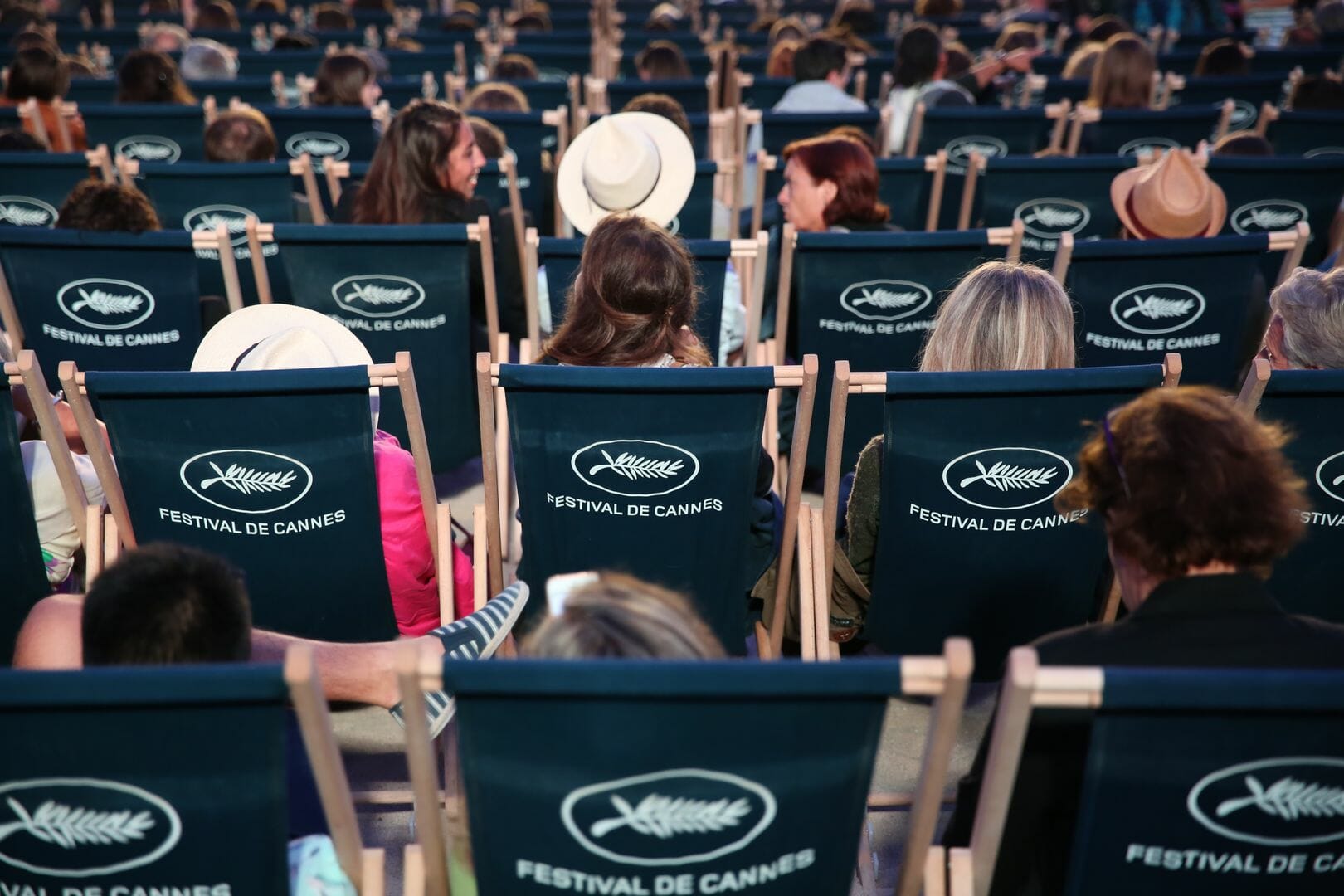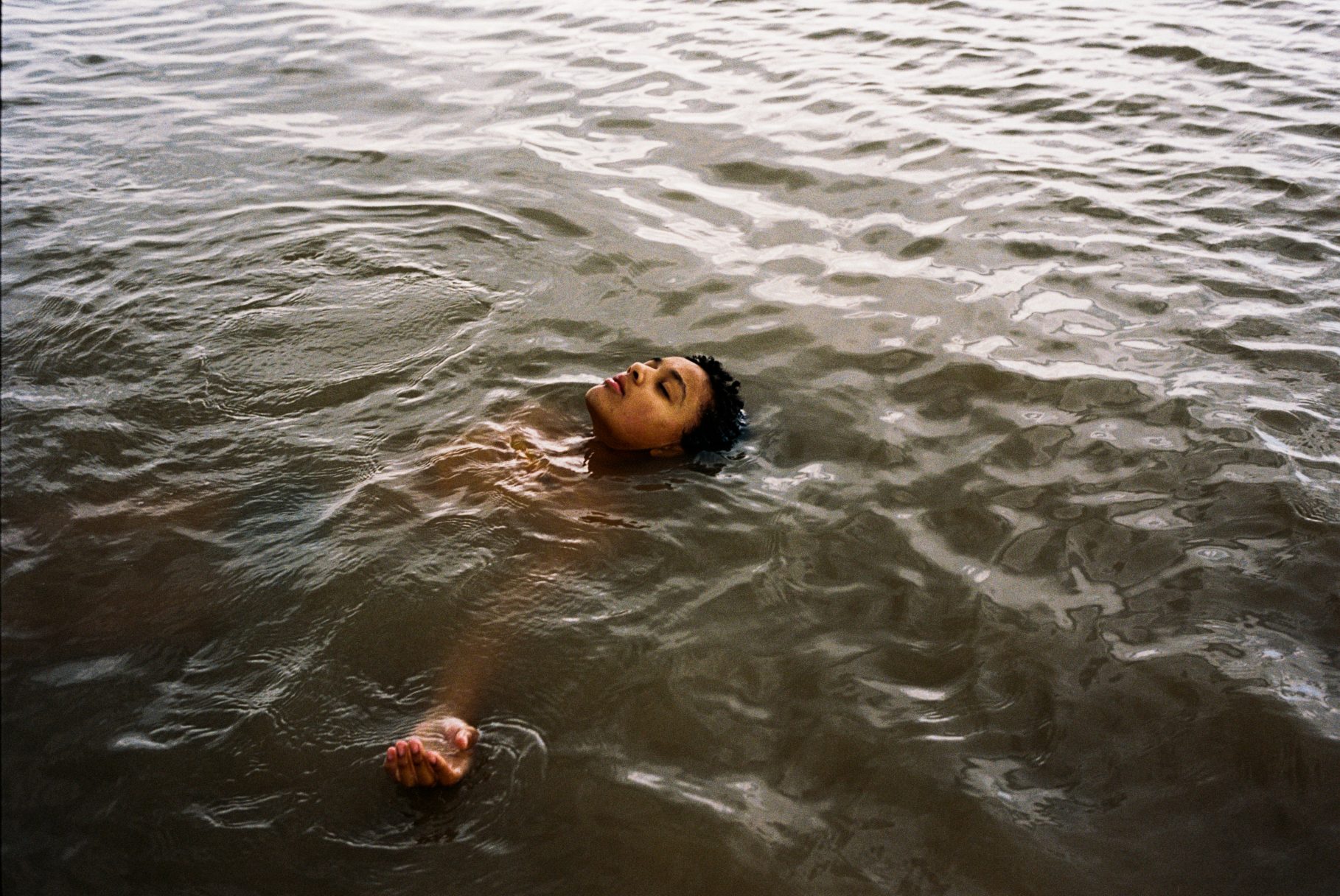
By
“I had an image in my head of a very tall, naked man with a long penis, standing on a roof. I didn’t know who he was, if he was good or bad, if he was an alien or something. Why is he there? Why is he naked? I started from here, and Bird is the result of that image.” This was Andrea Arnold‘s first idea for the movie competing for the Palme d’Or at the 77th Cannes Film Festival, as she explained to the press on the first day of screening.
The British filmmaker has already been to Cannes several times, with Red Road (2006), Fish Tank (2009) and American Honey (2016), and is also known to the public for products such as Milk (1998) and the second season of Big Little Lies. With Bird, she reconfirms herself as the bearer of themes that concern everyday life, with an almost visceral focus on the character’s bodies and an immersive style based on sensations.
Arnold’s creative process for Bird
As Arnold explains, making a movie is a journey, an adventure. She may know where to start, from the roof of a building and a naked stranger, but she has no idea where she’ll end up.
The same thing, as peculiar as it might seem, applies to the casting of actors. Barry Keoghan and Franz Rogowski‘s choice for the roles of the protagonist’s father and mentor, respectively, came “from the gut.”
“I collect people, like shells on the beach, to create something beautiful, organic,” the director says.
Writing and directing a film has no precise rules. It takes technique, of course, but what ultimately counts for much of a project’s success is the emotion—the creative process, the vision of the artist who puts something of themselves into each of their creations.
This is precisely what was mainly discussed in the press conference for the film Bird, held in Cannes. Alongside Arnold was the cinematographer Robbie Ryan (who is in Cannes also for Lanthimos‘ Kind of Kindness), the casting director Lucy Pardee and part of the cast: Keoghan and Rogowski. Young Nykiya Adams and Jason Buda sat in the front row among journalists.
An inspiration from the past
Bird is the story of Bailey (Adams), a twelve-year-old girl who lives with her father, Bug (Keoghan), and her stepbrother Hunter (Buda) in a dilapidated apartment on the outskirts of an English town. She is at the beginning of puberty and adolescence, with all the changes in body and character that entail for the spirit. She is restless and always angry as she meets Bird (Rogowski), a strange man in a skirt looking for his parents.
Even Keoghan and Rogowski explained they didn’t know where Arnold was going with her film, but it wasn’t a problem for them.
Keoghan, fresh from successful movie such as The Banshees of Inisherin (2022) or Saltburn (2023), which are increasingly elevating him into the Olympus of the great new actors of his generation, admitted to having received countless proposals in recent times. Yet, when he had the chance to sign a contract for Bird, he didn’t hesitate, having long cultivated the desire to work for and with the director but without ever having had the chance to do so, until now. As Above The Line had announced some time ago, the actor also said no to the sequel to Ridley Scott‘s Gladiator for Bird.
Keoghan’s choice later proved to be the right one, as the actor himself not only delivered an adorable and passionate performance, but, having grown up himself in the suburbs of Summerhill (Ireland), he drew on his childhood to develop some nuances of his character.
Music is the food of the soul
Franz Rogowski, at the time of signing the contract, perhaps knew even less about his character.
During the press conference he was asked what he thought about the fact that, as a German, it was surprising that he had not been cast as an antagonist, Rogowski replied that he never knew, at the beginning, whether his character would be a villain or an angel. All he had to work with was a playlist of music Arnold had given him. He studied each song, worked on the sensations they conveyed to him – and still uses it as background for his yoga sessions- and the resulting imagery was that of “a floating man, naked in the nature. And I found it very attractive.”
Music is precisely the cornerstone of Andrea Arnold’s creative process. She listens to it to maintain the right mood, to let herself be carried away – again, it’s the feeling that counts. The same playlist given to Rogowski was the one she used to write. No one is spared from it, not even on set. In the breaks between one scene and another, Arnold’s music floats through the air via her portable speaker. “Music – says the director – serves not only as inspiration but as a unifier, especially on set, where certain situations can become particularly stressful.”







